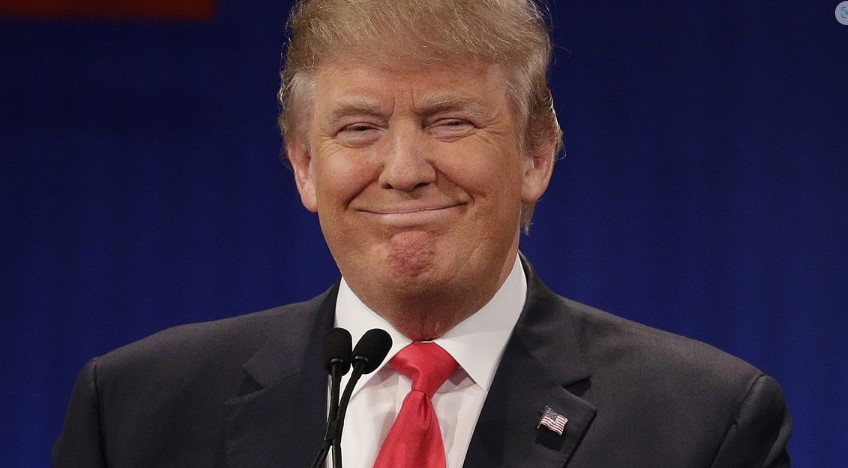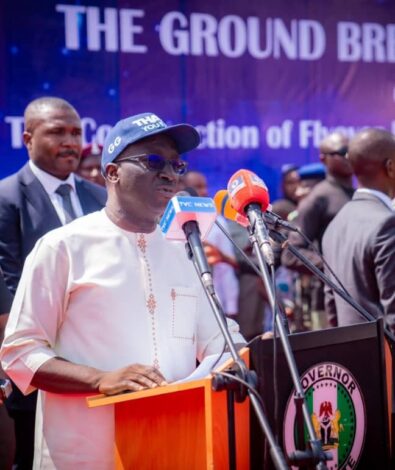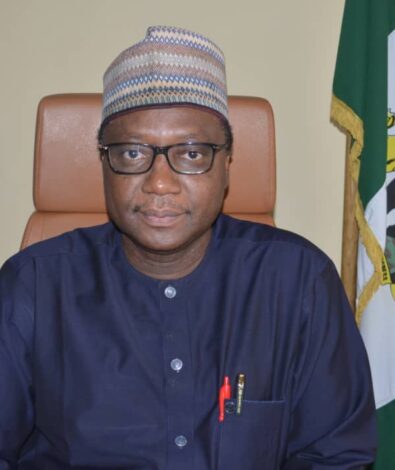Donald Trump presidency’s likely impact on Nigeria

Donald Trump’s return to the White House sparked many reactions across the African continent, including in Nigeria.
Nigeria’s President, Bola Tinubu, went out of his way to send his best wishes to Donald Trump on his re-election as President of the U.S., marking him as the 47th person to hold the position.
President Tinubu expressed high hopes for enhanced synergy between the two countries, particularly as both face a range of global challenges.
“There are global challenges that affect us all. We can respond to these challenges in a way that promotes peace, economic cooperation, and development,” he said.
Nigeria has been affected by Donald Trump’s presidency in several ways, including:
Public Opinion:
- Trump’s approval ratings in Nigeria are low, despite his bluntness. Many Nigerians are opposed to his anti-immigration policies and were offended by his reference to “shithole nations.”
- However, Trump did acknowledge Nigeria’s importance in Africa. For instance, he made President Muhammadu Buhari his first African leader to call in 2017.
- Additionally, Buhari was the first African leader invited to the White House during Trump’s presidency.
- Trump’s support for conservative principles, such as opposing abortion and emphasizing Christian issues, which resonate with Nigeria’s religious communities, was valued by some Nigerians.
Trade and Investment:
During his first term, Nigeria saw some gains from Trump’s transactional foreign policy. The country may benefit from increased trade or investment, particularly in industries like oil and gas, if those align with U.S. interests.
- However, given the unpredictability of the global trade environment, Trump’s protectionist “America First” stance may have discouraged some direct investments in Nigeria.
- On the positive side, his administration backed Nigeria’s purchase of military planes to combat Boko Haram, which was seen as a step forward in security cooperation.
- Nigerians were also directly impacted by the stricter immigration laws enforced by the Trump administration. These included limitations on the diversity visa lottery, which made it more difficult for Nigerians to immigrate to the U.S.
- On January 31, 2020, Trump issued an executive order imposing new restrictions on U.S. entry for citizens of several countries, including Nigeria, Africa’s most populous nation.
Oil Prices: Trump’s policies aimed at boosting domestic oil production in the U.S. led to an oversupply of oil globally, contributing to a decline in oil prices.
Nigeria, which is heavily dependent on oil exports, felt the strain of reduced revenues.
However, if domestic refining capacity such as Dangote’s refinery—is used efficiently, this could also result in cheaper fuel imports or local refining, providing some benefit.
Bilateral and Diplomatic Relations: Although Trump’s foreign policy was generally less interventionist than those of previous administrations, which some Nigerians interpreted as less support or interest in African affairs, the relationship between Nigeria and the United States did not undergo significant changes.
Global Influence: Trump’s foreign policy, particularly his focus on countering China’s and Russia’s influence in Africa, may have had an indirect impact on Nigeria. The shifting balance of global power could offer Nigeria more freedom to act independently or cooperate with other nations of interest.
Security and Military Cooperation:
- The Buhari administration welcomed the military assistance provided by the Trump administration to help fight Boko Haram.
- However, there were complaints about the effectiveness of this aid due to concerns over human rights issues.
- Trump’s administration also maintained support for Nigeria’s counterterrorism efforts, which could contribute to enhancing regional security in West Africa.
Conclusion:
Trump’s presidency had a complex impact on Nigeria, with economic challenges due to lower oil prices, restrictive immigration policies, and mixed results in security cooperation.
His diplomatic stance, which may have pushed Nigeria toward more self-reliance, also played a role in shaping the relationship.
While the effects were not uniform, opinions on the impact of his presidency in Nigeria varied widely.



